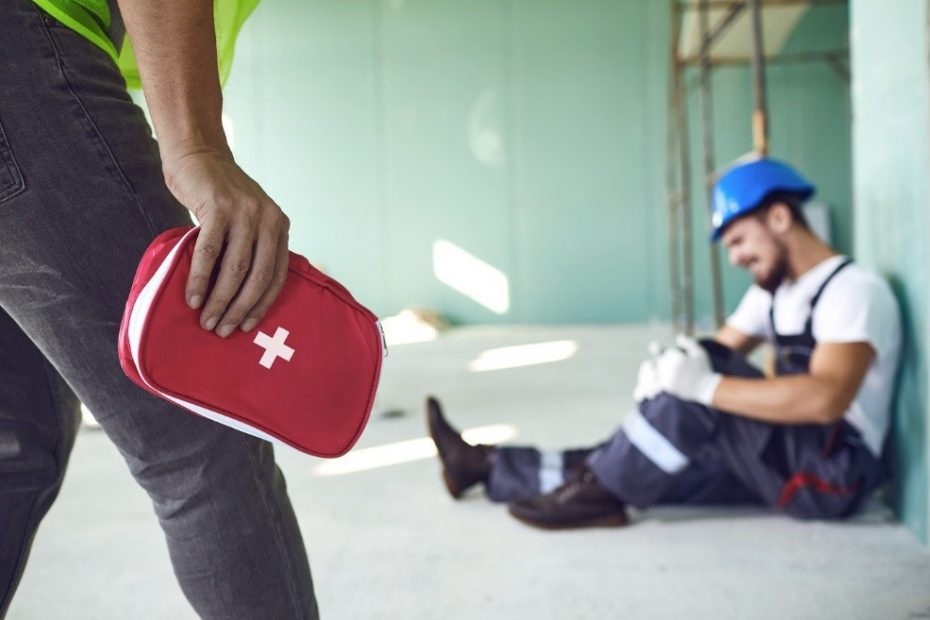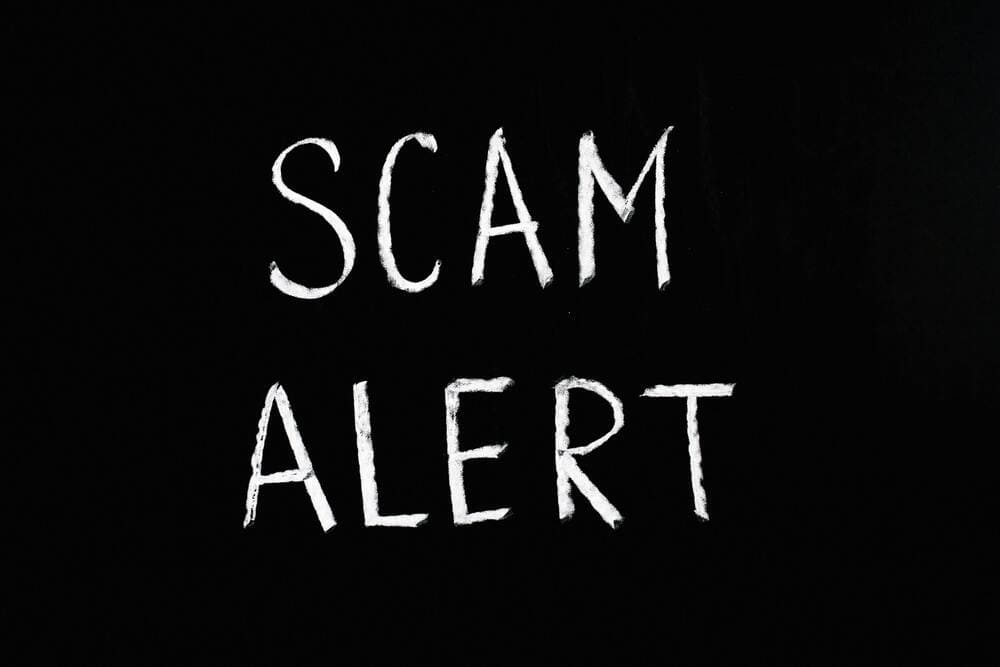According to the CNESST’s annual report, there continues to be a steady increase in the number of workplace accidents. Whether you’re an employee, an employer, or a witness, understanding the steps to take following a workplace accident can help ensure the safety, well-being and rights of everyone involved.
In this article, our work accident lawyers explain in detail what to do following a workplace accident. We’ll look at the correct procedure to follow, the deadlines for visiting a doctor, and what to do to receive workers’ compensation.
What is a workplace accident?
A workplace accident is any sudden and unforeseen incident that occurs during an individual’s work activity and results in injury or illness.
This definition includes a wide range of situations, from physical injuries to psychological disorders. In all cases, the malady must occur during working hours and be due to the working environment.
It should be noted that to be considered a workplace accident, the incident must be directly linked with the injured person’s work activities.
Examples of workplace accidents
Here are a few concrete examples of workplace accidents:
- Slips and falls: A worker slips on a wet floor and fractures their wrist.
- Machine-related accidents: A machine operator injures his hand while handling equipment without adequate protection.
- Musculoskeletal disorders: Back pain due to prolonged poor working posture or repeated handling of heavy loads.
- Stress and psychological disorders: An employee develops post-traumatic stress disorder after witnessing a violent robbery in the workplace.
What Quebec law says about work accidents
Before you can take action, you need to know your rights. For work accidents that take place in Quebec, the Act respecting industrial accidents and occupational diseases regulates compensation for employment injuries and their consequences for victims.
The Act defines an industrial accident as “a sudden and unforeseen event, attributable to any cause, which happens to a person, arising out of or in the course of his work and resulting in an employment injury to him.” The injury can be physical or psychological in nature.
The law establishes the right to compensation for injuries suffered, including care, rehabilitation and income replacement, in addition to the right to return to work.
Procedure after a workplace accident
Following a workplace accident, it’s necessary to take specific administrative and legal steps. Following these steps will protect the injured worker’s rights and make sure that the employer complies with current regulations.
1. Report the accident immediately
When there is a work-related accident, you or someone else must inform your employer promptly. The employer is required by law to:
- Provide first aid if the accident occurred in the workplace
- Pay for transportation to your home or a healthcare facility if necessary
As a precaution, even if you do not require medical attention, we recommend that you:
- Report the accident to your employer
- Record the accident in the Register of Accidents, Incidents and First Aid
Both of these measures help prove you were the victim of an accident, which may be useful if your health only begins to deteriorate weeks or months after the incident.
Obligations to your employer if you are unable to return to work
You are responsible for submitting a medical certificate to your employer if you are unable to return to work the day after the accident. Your employer must then complete an “Avis de l’employeur” form to request and obtain reimbursement from the CNESST for your first 14 days’ absence.
Depending on how long you are away from work, your salary may be paid in different ways:
- Unable to work on the day of the accident: Your employer pays 100% of your salary if you are unable to work for the rest of the day.
- Unable to return to work for less than 2 weeks: Your employer must pay you 90% of your net salary for the days you would normally have worked. However, you will not be paid for the day of the accident.
- Unable to return to work after 2 weeks: In this case, you can file a workers’ compensation claim with the Commission des normes, de l’équité, de la santé et de la sécurité du travail.
2. Medical assessment and report
After informing your employer, you need to visit a doctor and get a medical certificate that describes your physical or psychological injuries. This document must indicate a specific date for your return to work.
It is absolutely necessary to receive a medical assessment and treatment following a workplace accident, and to obtain a medical certificate, in order to claim compensation from the CNESST.
Please note: Following a workplace accident, it is best to consult a physician on the same day or, at the latest, within 24 to 48 hours of the incident.
3. Claim compensation from the CNESST
You have 6 months from the date of your accident to claim compensation from the CNESST. You can claim expenses even if you didn’t have to miss work.
You can make your claim by filling out the Worker’s Claim form on the CNESST website in the Mon Espace section (in French only).
2 special cases
- Occupational disease: In addition to the Worker’s Claim form, fill out the Appendix to the Worker’s Claim that corresponds to your disease.
- Accidents outside the province: The law applies to accidents that occur outside the province if you live in Quebec and the employer has premises in the province.
Workers’ compensation
Workers’ compensation is a fundamental right for injured workers. By understanding this right, and the process for claiming it, victims of workplace accidents can receive the support and compensation they are eligible for.
Compensation types
- Medical expenses: Workers are generally entitled to be reimbursed for accident-related medical expenses, including treatment, medication and specialized equipment.
- Loss of income: If the accident results in an inability to work, workers may be eligible to receive a percentage of their usual salary as compensation for loss of income.
- Rehabilitation and professional reintegration: Rehabilitation programs to help workers return to work or obtain new professional skills are often covered.
Claims process
- Notification and documentation: The process begins with informing the employer about the accident and gathering all relevant paperwork, including medical reports and evidence of the incident.
- Worker’s claim form: The worker must complete the worker’s claim form, which is available from the employer or the CNESST.
- Submission deadlines: Workers must comply with claim submission deadlines, which can vary by jurisdiction and company policy.
Employer’s role
- Helping workers throughout the process: The employer must assist the worker in making a claim by providing all necessary documents and completing the required forms.
- Non-discrimination: Employers may not penalize an employee for filing a workers’ compensation claim.
What to do after receiving compensation from the CNESST
Your rights and obligations don’t end after making your claim. There are specific situations that may affect you if you are unable to work after the accident:
- You may be asked to undergo medical exams
- Your medical situation may change
What to do if the CNESST or your employer requests additional medical exams
During your absence from work after the accident, the CNESST or your employer may ask you to undergo further medical exams.
We strongly advise you to acquiesce to the medical exams and follow the doctor’s recommendations. If you fail to do so, you may incur penalties on your compensation.
What to do if your medical situation changes
If your medical situation changes, you must inform the CNESST so that your file can be updated.
You must also tell your employer and the CNESST when you expect to be able to return to work.
Our CNESST lawyers can help you get fair compensation
If you wish to contest the CNESST’s decision, you have 30 days from the date you receive the decision to do so.
If you are unsatisfied with the new decision after going through the process, you have 45 days to contest it. This time, the Tribunal administratif du travail (TAT) will be responsible for rendering the decision.
If you haven’t been working with a lawyer, now is the time to do so. A professional can help you present your arguments to the CNESST in a way that gives you the best chance of success. Contact us to find out how we can help you get the compensation you deserve.



